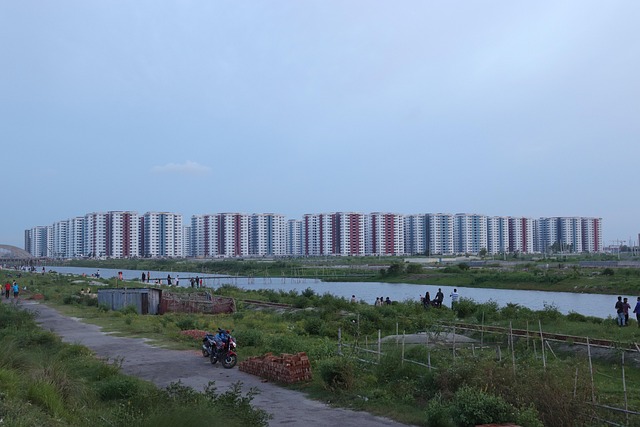
Hussain Shaheed Suhrawardy | A Champion of Democracy | হোসেন শহীদ সোহ্রাওয়ার্দী
Hussain Shaheed Suhrawardy, champion of democracy and one of the greatest leaders of undivided India.
Born on 8th September 1892, in a town of Midnapore, in present-day West Bengal to a prominent Sufi family.
His Family was of Arab descent having originated from a place called Suhrawardi in Iraq, from where the family takes its name.
Hasan Shahid Suhrawardy was the eldest son of Sir Zahid, a well-known judge of the Calcutta High Court.
He was educated at the universities of Calcutta and Oxford. From Oxford, he returned to India and got involved in active politics.
In 1920, he married Begum Niaz Fatima, daughter of Sir Abdur Rahim, the then Home Minister of the Bengal Province of British India.
She died young in 1922, leaving behind two children, son Shahab and daughter Akhtar Jahan.
He then married Vera Alexandrovna Tiscenko Calder In 1940, who, after her marriage converted to Islam and changed her name, to Begum Noor Jehan. They separated in 1951, after a bitter fight over the distribution of his wealth.
Suhrawardy joined the Indian independence movement during the 1920s as a trade union leader in Calcutta.
Suhrawardy joined the Swaraj Party led by Bengali Hindu secularist C. R. Das in 1923.
In 1923 he became Deputy Mayor of Calcutta in 1924.
After the death of Chittaranjan Das in 1925, he disassociated himself from the Swaraj Party and joined Muslim League.
He served as Minister of Labour, and Minister of Civil Supplies, among other positions, during Khawaja Nazimuddin’s Government.
In the newly formed Bengal Legislative Assembly election of 1937, He formed a coalition with Fazlul Huq's Krishak Praja party and secured 114 seats out of 121 reserved seats, and was appointed Provincial Minister of Labor and Commerce.
From 1937-1943, Suhrawardy was engaged in organizing the Bengal Provincial Muslim League.
In 1943, he was appointed as the Provincial Minister of Civil Supplies, and at that time tragic famine of Bengal took place which took millions of lives.
In 1946, Suhrawardy headed the Muslim League government, as Prime Minister, in Bengal.
On 16 August 1946, mobs of Muslims attacked Hindus that started the infamous riots of Calcutta, ‘the Great Calcutta Killings. Suhrawardy is often held responsible for not intervening.
On the eve of the 1947 partition, he called a press conference On the 27th of April and presented his plan for a united and independent Bengal to prevent the partition of Bengal.
Unfortunately, his idea of a united and independent Bengal gained no popularity and the partition of the sub-continent was made on a communal basis.
After the emergence of Pakistan, his membership in the Pakistan Constituent Assembly was terminated by the Liaquat government on a plea of not being a permanent resident of the country.
Suhrawardy joined the Awami League, in 1949 to counter the erstwhile ruling Muslim League.
He then became Minister for Law and Justice during the second Constituent Assembly of Pakistan, in 1953, where he was responsible for drafting the ‘Constitution of Pakistan.
In 1956, Iskander Mirza made Suhrawardy Prime Minister of Pakistan in Karachi.
However, due to the political turmoil of Pakistan at that time, he resigned on 17 October 1957.
In 1960, he retired from politics and relocated to Lebanon where he died in 1963.
Listen and Watch the Story:
More from this author






